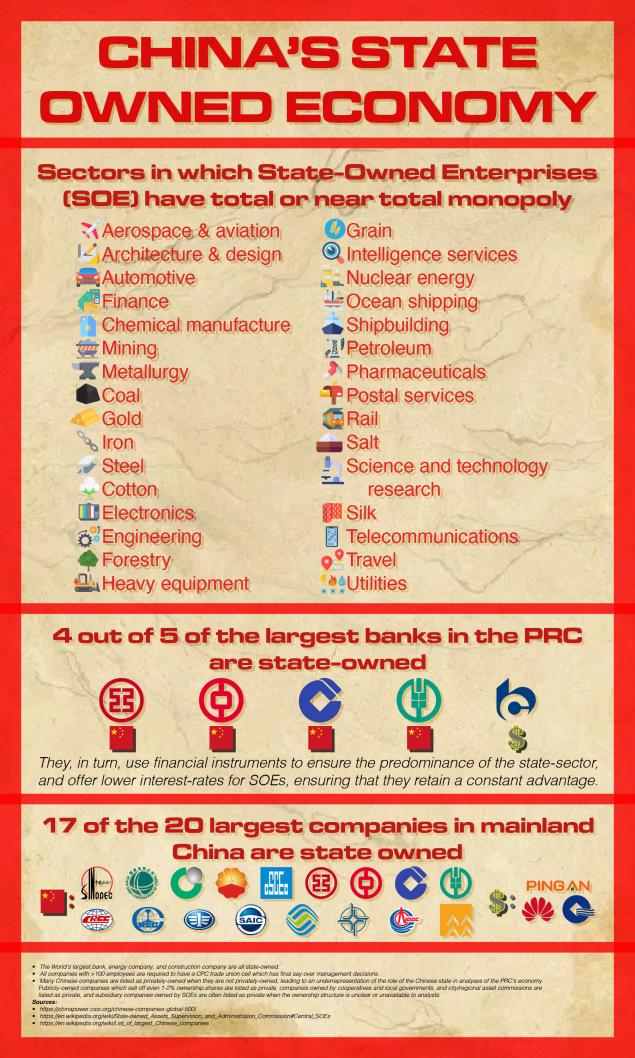Because the people that call themselves "Maoist" are dogmatists. Which ironically is not "Maoist", Mao even directly adressed Dogmatism and why it is bad. 'Mao Zedong Thought' is something that was right for the specific circumstamces of China during the specific timeframe in which he lived. It is not a guide that should be read like a holy scripture that needs to be followed word by word.
Doing so would be against Marxist philosophy, it just makes 0 sense.
But why they are like that I dont know. Maybe someone can tell me that.
